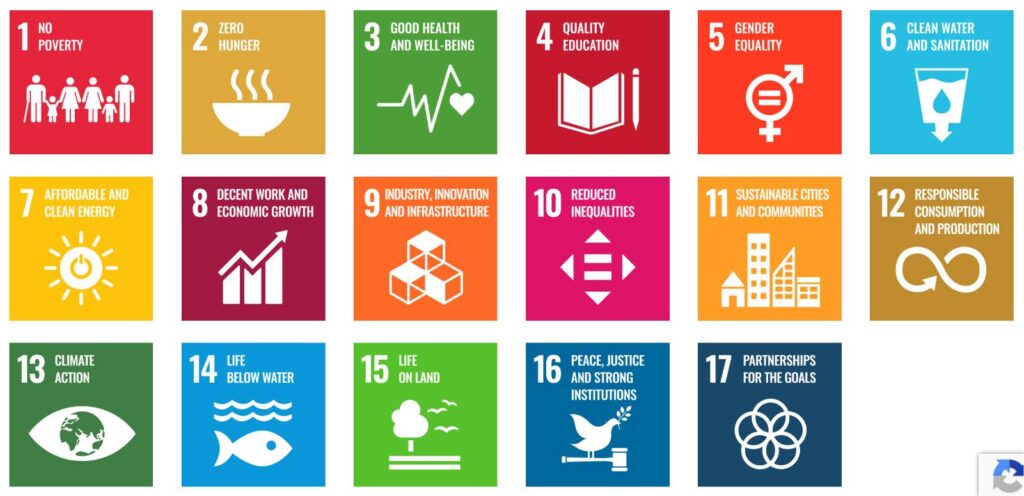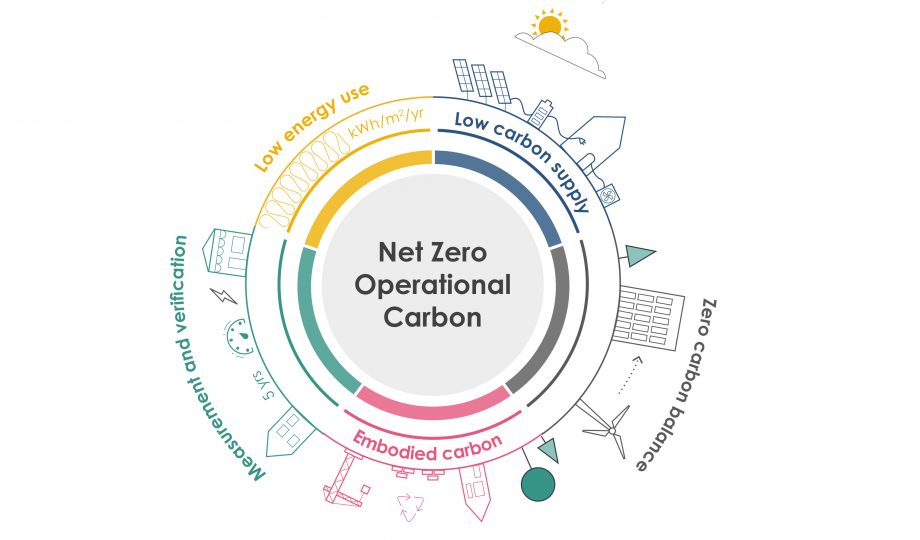United Nations Secretary General explains how COVID-19 effects on society will be miniscule compared the looming climate crisis.
Speaking at a UN Financial Summit, he explains, “This year, amid the pandemic and the associated emergency that affects lives and livelihoods worldwide, we mark the fifth anniversary of the Paris Agreement [on Climate Change] and the adoption of the Sustainable Development Goals. These two agendas go hand-in-hand.”
“The decisions we make now will determine the course of the next 30 years and beyond: emissions must fall by half by 2030 and reach net-zero emissions no later than 2050 to reach the 1.5 Celsius goal.”
“Science is clear: if we fail to meet these goals, the disruption to economies, societies and people caused by COVID-19 will pale in comparison to what the climate crisis holds in store.”
“And so, our shared responsibility is equally clear: redouble our efforts to recover from the economic and social crisis and get on track to achieve the SDGs [Sustainable Development Goals] and build a sustainable, inclusive and resilient future.”
“This will require an unprecedented mobilization by all of us. Global solidarity is imperative to defeat the virus and recover better. I am encouraged by the growing number of countries committing to the net zero target. The European Union has pledged to become the first carbon-neutral continent by 2050 and has aligned its COVID-19 recovery package with that objective.”
“The United Kingdom, Japan and the Republic of Korea, together with more than 110 other countries, have pledged carbon neutrality by 2050, and China has pledged to get there before 2060. This means that 50 per cent of the world’s gross domestic product, and about 50 per cent of global carbon dioxide emissions, are now covered by a net-zero commitment.”
CO2 Levels at record high
The World Economic Forum reports that: “Carbon dioxide (CO2) in the atmosphere is now reaching levels 50% higher than when humanity began large-scale burning of fossil fuels during the industrial revolution.”
“In the coming weeks, CO2 levels will continue to increase further. As a result, 2021 is expected to be the first year on record that sees CO2 levels of more than 50% above pre-industrial levels for longer than a few days.”
Our Commitment
WME is a global company that strives to be industry leaders within the circular economy, providing engineering solutions that seek to be regenerative, adaptive, low carbon and sustainable. To achieve this aspiration each WME office has developed a roadmap aligned to respond to each of the 17 UN sustainable development goals:

It is acknowledged that some goals are harder to influence than other, and that as an engineer there is only a limited impact available on any given project. So it is important that these issues, and how we can support and improve on them, are engrained into our culture and understood through the teams.
Our commitment is:
Each global office is to adopt WME’s goals and to be audited on their journey to achieving their targets, for sustainable development and corporate practices, certified to ISO 14001.
The WME goals include:
- Offset all CO2 emissions associated with operations across our offices covering direct (scopes 1) and indirect (scope 2) GHG emissions by Q4 2021, to be Carbon Neutral. Reduce and offset supply chain (scope 3) GHG emissions by at least 60%, by 2021, against 2019 benchmarks.
- Reduce and offset all remaining GHG emissions by 2023, to achieve Net Zero Carbon status under World Green Building Council Net Zero Carbon Building Commitment.
- To adapt our processes to be aligned as a business with the B Corp Certification Performance Requirements, achieving a score over 80 on their B Impact Assessment, to be in place by 2022. Improving our governance, economic, social and environmental impact on our team, on our projects and on our clients, together with the community in which we sit.
- To adopt the principles of One Planet Living Framework across all our offices, embracing the 10 Principles into an WME Action Plan, working towards being a One Planet Business by 2023.
- Provide training and support for our teams to refine and develop their skills in: Delivering Zero Energy solutions, including addressing embodied energy and operational energy.
- Adopting One Planet Living principles
- New Professionalism principles
This will be through an internal structured training program for all staff, building on in-house knowledge and experience. It will include an orientation session for new starters, and annual training for all staff. The training is to provide a culture of sustainable thinking and a wider awareness of the circular economy.
Reporting from each office on achieving these global goals will occur during quarterly Board meetings as part of the CSR reporting. Progress against goals and targets will be made available publicly through our website. At WME, we believe the business community has a key role to play in creating a safe and inclusive environment that aims to improve people’s health, cultural and social well-being. To fulfil our role, we have initiated our Impact for Good scheme which aligns with our investment strategy for community development, and it reinforces our commitment to social sustainability and green growth.
Article Sources Include: United Nations, World Economic Forum, UK Green Building Council




